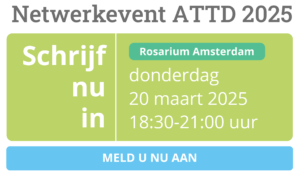OBJECTIVE
The temporal pattern of cognitive and functional change before and after incident diabetes remains unknown.RESEARCH DESIGN AND METHODS
Data from wave 2 to wave 9 (2004–2018) of the English Longitudinal Study of Ageing were used. Global cognition (assessed by orientation, memory, and executive function) and daily functioning (calculated as the sum of impaired basic and instrumental activities of daily living) were measured in each wave. Incident diabetes was defined as glycated hemoglobin A1c ≥6.5% (47.5 mmol/mol), self-reported doctor diagnosis of diabetes, or glucose-lowering medication use during follow-up.RESULTS
Among the 6,342 participants (mean age 65.0 years, 57.8% women) included, 576 participants (9.1%) with incident diabetes were identified during a median follow-up of 13.3 years. The annual rates of change in global cognition (β = −0.035 SD/year; 95% CI −0.054 to −0.015), orientation (−0.031 SD/year; −0.060 to −0.002), memory (−0.016 SD/year; −0.029 to −0.003), and executive function (−0.027 SD/year; −0.042 to −0.013) were accelerated after diabetes diagnosis compared with before the event. The postdiabetes annual changes in daily functioning (0.093 points/year; 95% CI 0.056–0.131) were also accelerated compared with the prediabetes diagnosis. However, the rate of cognitive and functional decline before the diabetes diagnosis in participants with future incident diabetes was similar to the rate in participants without diabetes. Also, no significant acute change was observed during its onset.CONCLUSIONS
Incident diabetes is associated with accelerated cognitive and functional decline after, but not before, the event. We suggest careful monitoring for cognitive and physical dysfunction after a diabetes diagnosis.


